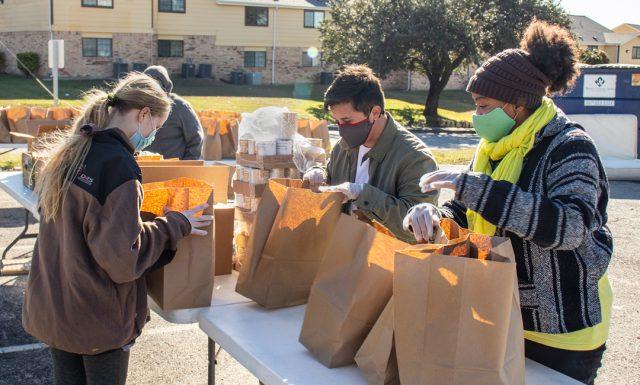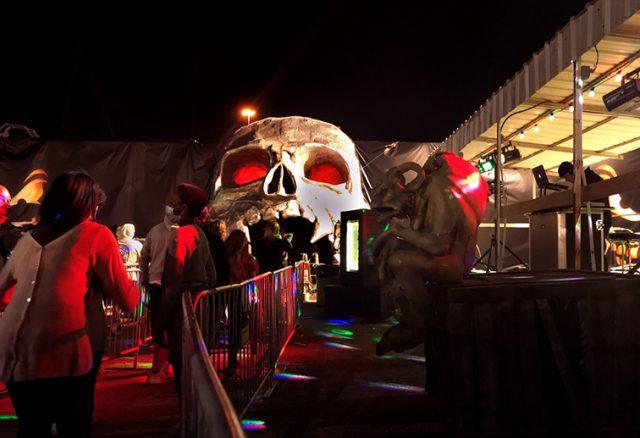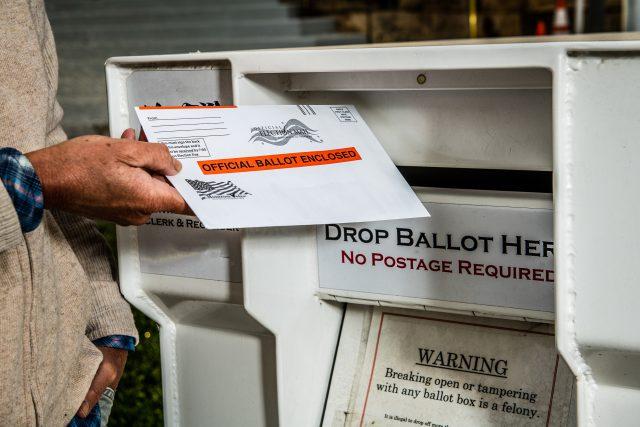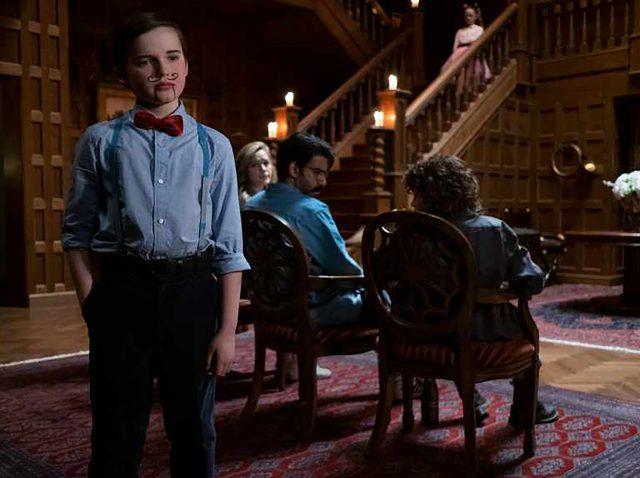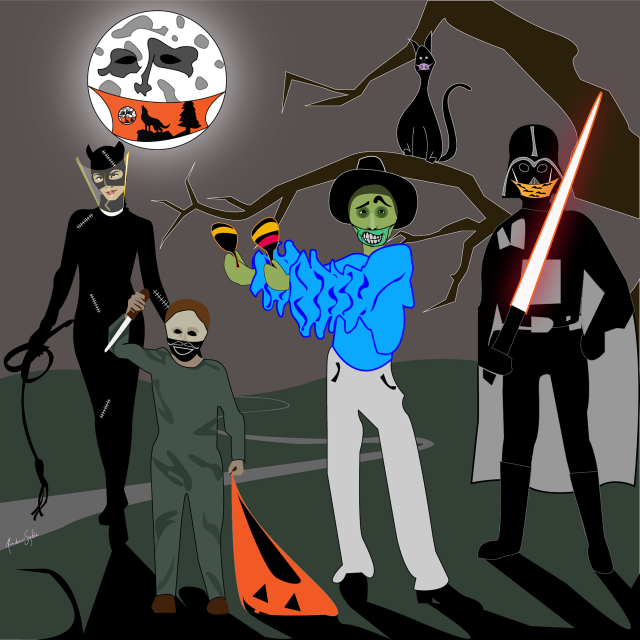Maddy Remington
managing editor
I don’t know how else to say it other than this: don’t be racist this Halloween.
Pay attention to your costumes and the way they are seen through others’ eyes before you go posting your Instagram photos with friends.
Whether you intend for your costume to be racist or not, it’s racist if it is appropriating another culture.
Cultural appropriation is the unacknowledged or inappropriate adoption of the customs, practices or ideas of one person or society by members of another.
So in simple terms, stay away from Native American costumes, Day of the Dead sugar doll costumes, gypsy costumes, “Egyptian goddess” costumes and anything that includes the use of blackface.
It’s 2020. I mean, do I really have to tell you how not to be racist?
These costumes portray that people of these communities are just one thing, when in fact they are real people living amongst you, blending in with the crowd.
The only difference between the cultures we have oppressed and ours is that America likes to flaunt it’s superiority complex by stealing elements and ideas from cultures we oppress.
How would you like it if people were using your race or culture as a costume?
The Missing and Murdered Indigenous Women movement is working to combat the kidnapping of indigenous women from their reservations. Indigenous costumes that sexualize Indigenous women are incredibly harmful to causes such as these.
Cultural appropriation is a real thing, and it affects real people.
Dressing in a caricature of someone else’s identity is hurtful. It brings up painful feelings of the history of oppression these communities and their ancestors have faced in our country.
Children are taking note of what is and isn’t OK. Wearing a racist costume, or even worse, putting them in a racist costume spreads the message stereotyping and cultural appropriation is OK. And it certainly is not.























